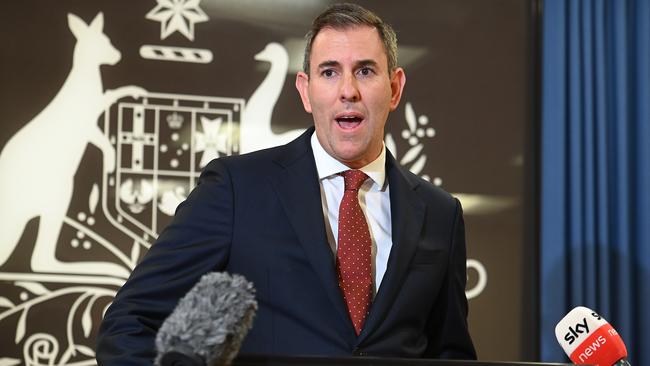
‘‘Too easy,’’ you say, ‘‘they are both planning new wealth taxes’’.
Yes, indeed. But that’s not the answer we are looking for here.
The correct answer is they are both planning to tax unrealised gains (as a core feature of a wealth tax policy).
Yes, paper gains are the target for wealth taxes, not just in Australia in the form of the new super tax, but also in the US if Harris wins the presidency for the Democrats.
They may be playing games in Canberra, where the new super tax is currently stuck in the lower house, but don’t be misled; the new super tax is on its way.
It may be amended but it’s going to get through and every investor should see it not just as an obscure top-end tax but the shape of things to come.
Is it a coincidence? At the very moment the government is looking for support for a new wealth tax in the super system, Commonwealth Bank chief executive Matt Comyn told the standing committee on economics this week: “I think we are over-relying on income taxes. I don’t think we are taxing wealth as heavily as we could.’’
Whatever the intent, Comyn has reflected the view of many people that wealth, represented by large amounts of money sitting somewhere in a tax-protected shelter, should be taxed more heavily than income, whereby anyone making more than $190,000 a year is taxed at a whopping 47 per cent.
Politicians are detecting support for wealth taxes and they are making moves. The first cab off the rank is the new super tax of 15 per to be imposed on earnings above $3m.
The plan is to base the taxes on unrealised gains. So if your super has shares in an AI start-up and your total balance soars above $3m (because the ‘‘on paper’’ valuation of your holding in the start-up has soared) the new tax will be applicable even if you have not cashed out any of your shareholding.
‘‘This makes start-ups completely implausible, because why on earth is anybody going to do this versus going to (invest in) Google and getting paid a lot of money every year in cash?”
That’s not a quote from a startled local SMSF investor waiting to see how the new super tax plays out. In fact, that’s venture capital legend Marc Andreessen talking about the Kamala Harris plan to target unrealised capital gains with a new tax on wealthy Americans with a minimum 25 per cent rate.
But here’s the thing. The Democrats in the US are using unrealised gains as the way to catch Americans who have enormous wealth. The threshold for the tax proposal is $US100m. Ahem, that’s a threshold of $140m.
The issue for investors, especially SMSF investors, in Australia is the new super tax is based on wealth (as signified by per capita total balances in super) of just $3m.
No wonder the new super tax is causing so much angst. Older wealthy Australians are being targeted as if they were US tycoons.
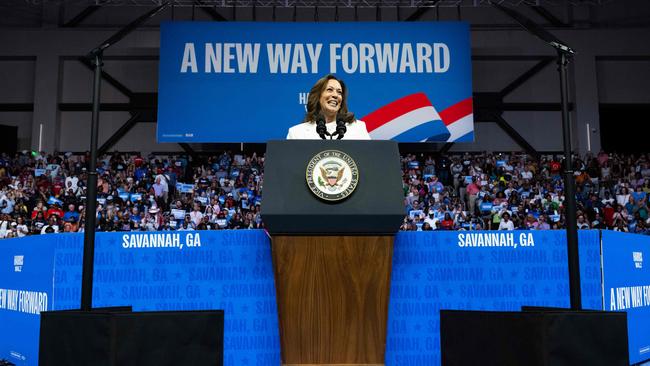
Anyway, the issue now is what the new super tax will look like when it becomes reality.
Treasurer Jim Chalmers has taken no prisoners since the tax was first outlined and he has not publicly changed that position. This means the most likely way this tax will be amended is inside parliament where the government (assuming the Greens continue to support the tax as it stands) will only need a handful of crossbench votes to get it through.
The government will almost certainly have to make concessions – and there are two sticking points:
● Is the tax is indexed?
● Is it based on paper gains as represented by the annual change in total super balance?
There is already a precedent in Australian wealth tax for having a measure that is not indexed; this is found in the high-income super tax, tagged as Division 293, which kicks in at $250,000 and is not indexed.
But this week, former treasurer and prime minister Paul Keating no less, intervened in the super debate. He said it would be ‘‘unconscionable’’ for the government to not index the new super tax (tagged as Division 296).
That’s pretty strong language from the current Treasurer’s mentor, and it also gives Chalmers an open door to make ‘‘indexing’’ the amendment he agrees to get the tax through parliament. (Indexing allows a tax threshold to rise over time to stay in line with inflation).
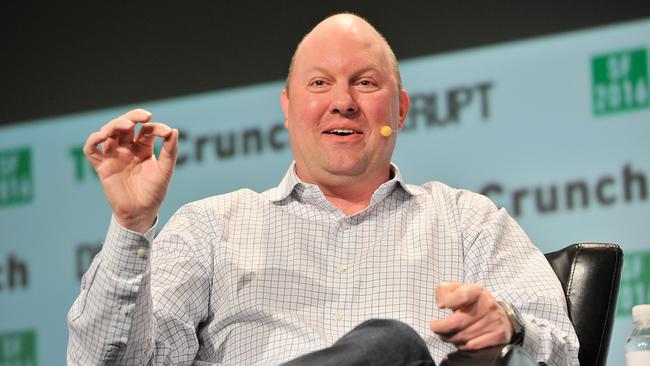
On the other hand, taxing unrealised gains is still wide open. There are reports this has only come to pass because “big super” insisted it had to be this way due to their incapacity to offer precise figures on their own member accounts – and these reports have not been contradicted.
So, how would taxing unrealised gains be done?
The proposal as it stands is the worst-case scenario. Taxing paper gains is largely unprecedented in this country, although as we can see there are fresh attempts to do so by the Democrats in the US.
Taxing unrealised gains will catch many investors out and will certainly work against putting start-up investments into super. More importantly, it will also catch farmers and others with big illiquid assets that may not accurately represent their wealth or lifestyle.
The standout compromise here would be to introduce something similar to the pension deeming rate, where the government makes a calculation each year to assume (or deem) how much a super fund investor has made during the year, and that rate would be applicable to all investors.
This would at least be equitable and stop the more extreme consequences of a tax that could in certain circumstances thwart entrepreneurial funding.
Either way this particular wealth tax on super – amended to some degree – is on its way, and it won’t be the last.
James Kirby hosts the twice-weekly Money Puzzle podcast.



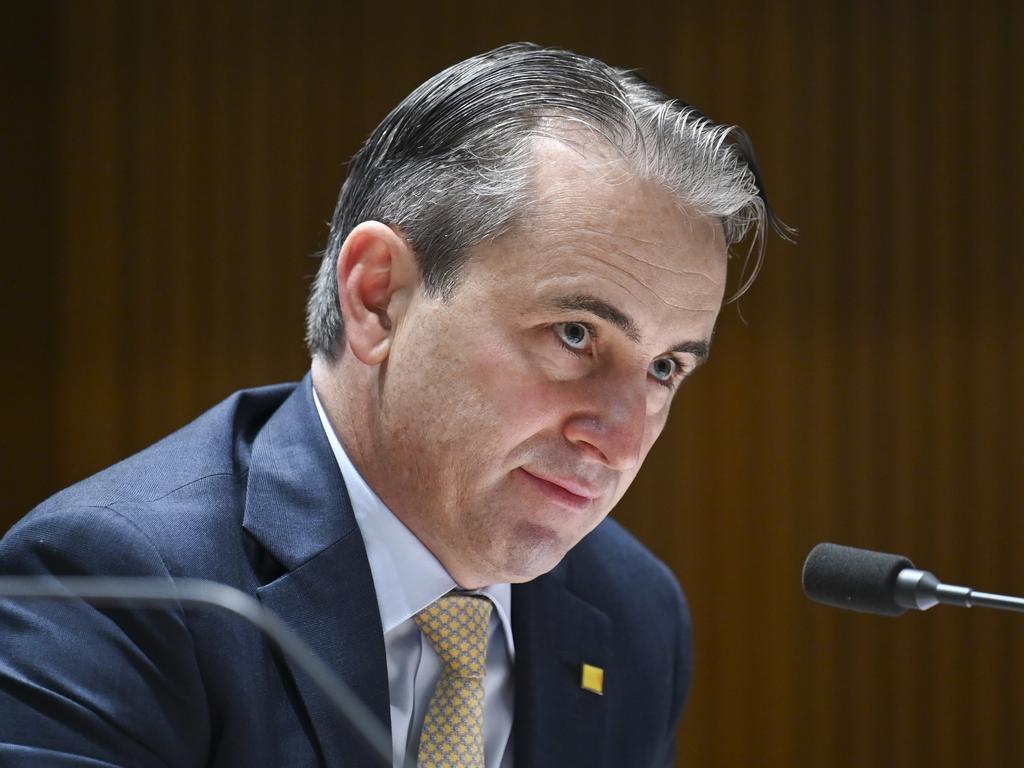
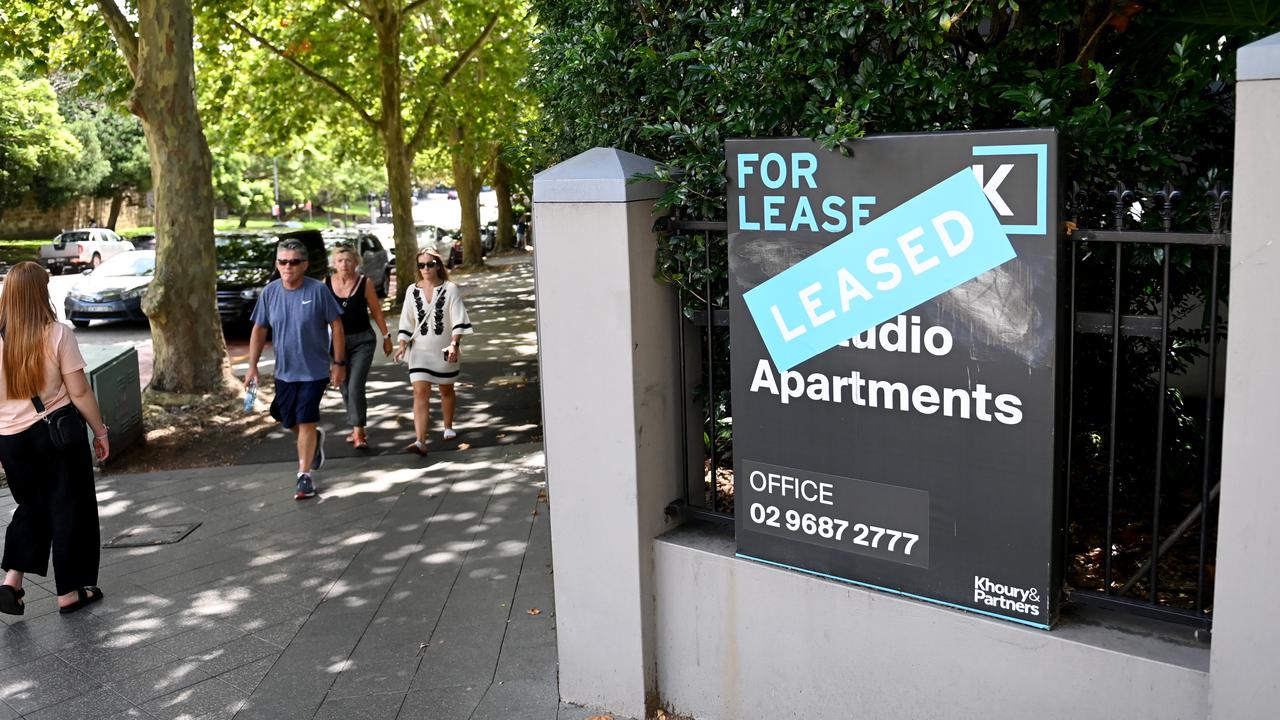
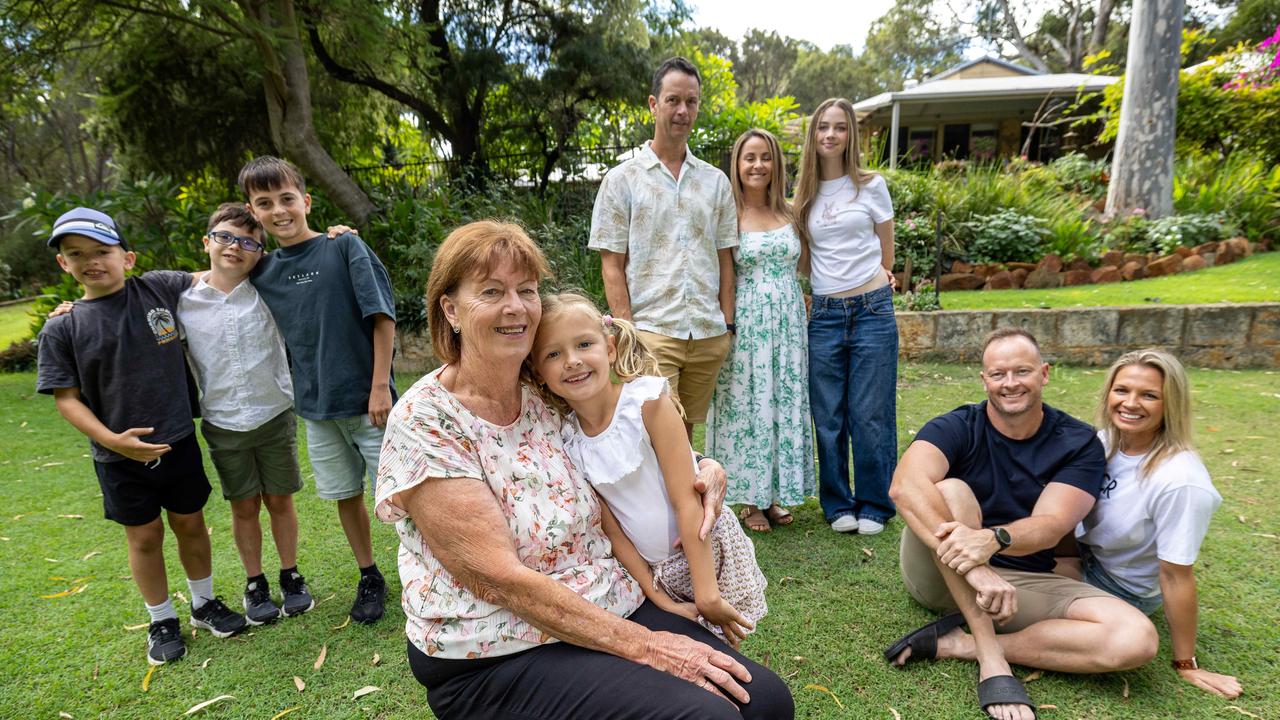
What do Kamala Harris and Jim Chalmers have in common?